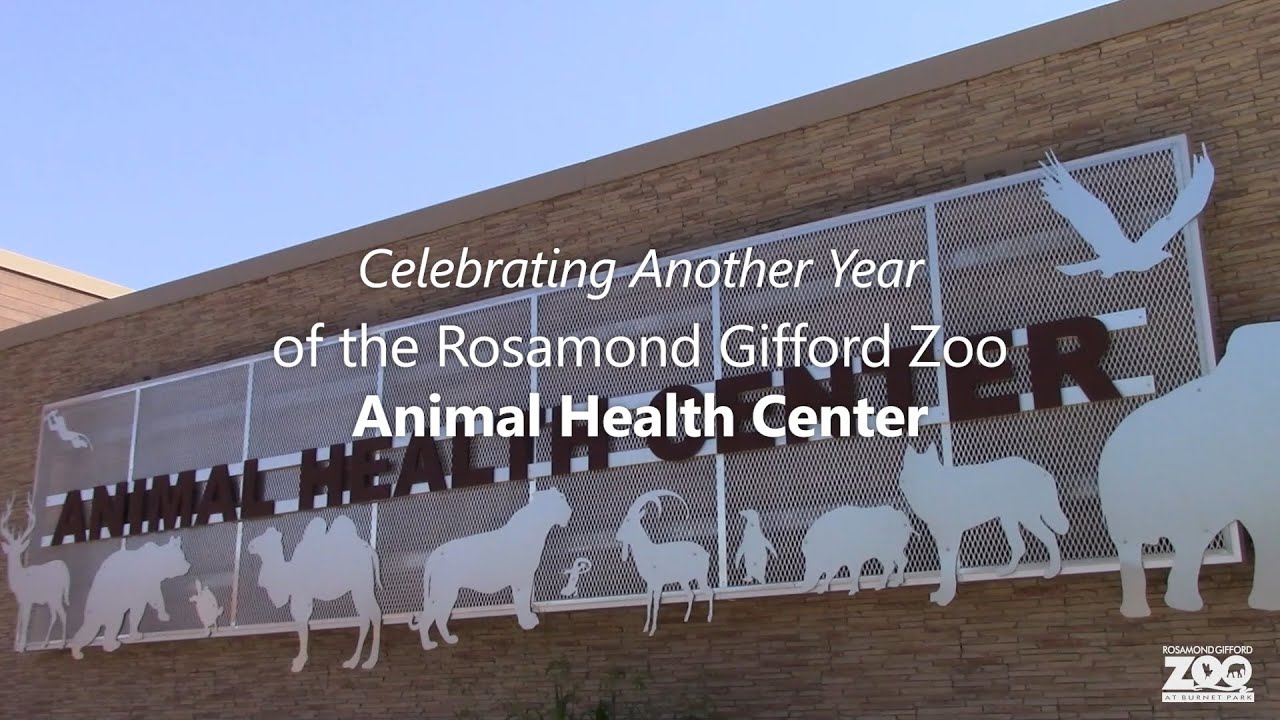– The role of an Animal Health Center in advancing zoo management and wildlife conservation
– The integration of advanced technologies in the management of animal health
– The importance of public education and community involvement in conservation efforts
– Strategies for promoting genetic diversity and sustainable populations in captivity
At the core of contemporary zoo management and wildlife conservation efforts lies the pivotal role played by an Animal Health Center. These centers are instrumental in ensuring the health and well-being of animals, both in captivity and in the wild. Through a combination of veterinary care, research, and education, Animal Health Centers contribute significantly to the broader goals of conservation and environmental stewardship.
One of the primary functions of an Animal Health Center is to provide comprehensive veterinary care to a wide range of species. This involves routine health assessments, emergency care, preventive medicine, and surgical procedures when necessary. Veterinarians and zookeepers work collaboratively to monitor each animal’s health, diet, and behavior, adapting management strategies to meet each species’ specific needs. This hands-on approach is crucial for identifying and addressing health concerns early, thus improving the chances of successful treatment and recovery.
In tandem with these veterinary services, Animal Health Centers increasingly turn to advanced technologies to enhance animal care. Diagnostic tools such as ultrasound, X-ray machines, and MRIs, traditionally used in human medicine, are now common in zoo settings. These technologies offer non-invasive means to diagnose and treat a variety of conditions, from bone fractures to cardiovascular issues. Additionally, the use of telemetry and GPS tracking devices enables researchers to study animals in their natural habitats with minimal disruption, providing valuable data that informs conservation strategies and habitat management practices.
Public education and community involvement represent another cornerstone of Animal Health Centers’ mission. By engaging with the public through educational programs, workshops, and interactive exhibits, these centers raise awareness of conservation issues and inspire a sense of responsibility toward the environment. This outreach is vital for garnering support for conservation initiatives, such as habitat restoration and endangered species protection. Moreover, fostering a connection between people and wildlife encourages a more compassionate and sustainable approach to living with nature.
From a conservation perspective, Animal Health Centers are deeply involved in efforts to promote genetic diversity and sustain healthy populations in captivity and the wild. This often involves carefully managed breeding programs, habitat enrichment, and sometimes, reintroduction of individuals into their natural environments. By maintaining genetically diverse and demographically stable populations, zoos contribute to the resilience of species facing threats such as habitat loss, climate change, and human-wildlife conflict.
Furthermore, Animal Health Centers play a crucial role in wildlife conservation by participating in research projects and collaborations with governmental and non-governmental organizations. These partnerships enable sharing knowledge, resources, and best practices, enhancing the global conservation community’s ability to protect vulnerable species and ecosystems.
In summary, the contributions of an Animal Health Center to zoo management and wildlife conservation are multifaceted and far-reaching. Through a combination of veterinary care, technological innovation, public engagement, and dedicated conservation efforts, these centers profoundly impact the health and survival of countless animal species. As challenges to wildlife continue to evolve, the work of Animal Health Centers remains a beacon of hope, symbolizing the collective endeavor to foster a healthier, more sustainable relationship between humans and the natural world.
*****
Source Description
We’re celebrating another fantastic year of our Animal Health Center! This 20,000 square-foot facility provides world-class health care from prenatal to geriatric, to every animal at the zoo, and is the largest zoological medical center in New York state outside of the Bronx Zoo. The AHC exceeds the standards for accreditation by the Association of Zoos & Aquariums (AZA), whose member institutions must demonstrate a commitment to animal care, guest education, wildlife conservation and preserving threatened and endangered species.
THANK YOU to everyone who helped make the AHC a success.
#Syracusezoo #Syracuse #CNY #OnondagaCounty #OnondagaCountyParks #WeAreAZA #ConservationInAction #SavingSpecies #ConservationEducation


